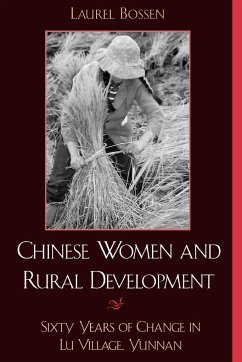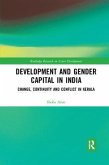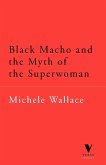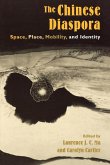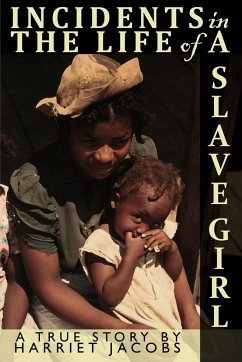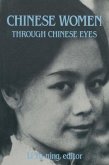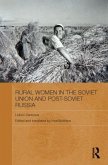Rich in its historical perspective on women and men in the context of economic development, this ethnography provides a unique window on rural China since the 1930s. Laurel Bossen uses her detailed knowledge to explore theories regarding such momentous changes as the demise of footbinding, the transformation and feminization of farming, the rise of family planning, and the question of missing daughters. Based on research conducted during the 1990s in Lu Village and informed by Fei Xiaotong's classic 1930s study of the same village, the book goes beyond the enduring myths of women as either victims or heroes. Throughout, Lu Village women defy stereotypes, their stories expressing the range of economic, social, and political practices that are both upholding and altering the boundaries of gender in the face of shifting state and market forces.
Hinweis: Dieser Artikel kann nur an eine deutsche Lieferadresse ausgeliefert werden.
Hinweis: Dieser Artikel kann nur an eine deutsche Lieferadresse ausgeliefert werden.

